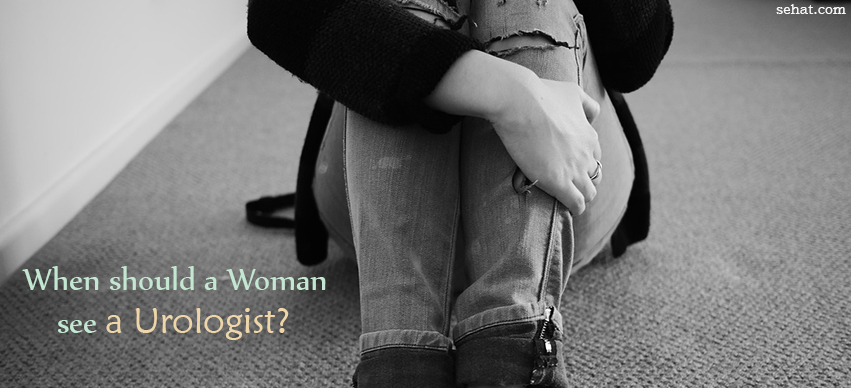How Communities Are Changing the Way We Think About Aging in..
8 Min Read


Urology is a branch of medicine concerning the diseases of the male and female urinary tract and the male reproductive organs. While urology is considered a domain of surgical specialty, it requires a thorough understanding of pediatrics, gynecology, internal medicine and other specialties given the plethora of complex complications in the human body. As per the American Urological Association, there are seven subspecialties in urology:
1. Female Urology: Deals with pelvic outlet relaxation disorders as well as urinary incontinence.
2. Neuroendourology: Focuses on erectile dysfunction, impotence, urodynamic evaluation of patients and voiding problems.
3. Calculi: Concerned with the removal of stones that are formed in the kidneys and entering into the ureters, bladder, and urethra.
4. Male Infertility: The surgery of acquired and congenital male genital obstructions.
5. Renal Transplantation: The transplantation of kidneys post kidney failure.
6. Pediatric Urology: The treatment of urological issues in children.
7. Urologic Oncology: The treatment of cancers of the bladder and prostate.
There are numerous urological problems that women commonly experience, such as urinary incontinence, interstitial cystitis, urethral diverticulum, among many others. The diagnosis and treatment of these conditions, both surgical and non-surgical, form an essential part of a urologist’s expertise.
Women also often encounter problems concerning the pelvic floor. In such cases, they should visit a urogynecologist. Urogynecology is a medical specialty concerning the treatment of pelvic floor disorders in women. The pelvic floor comprises the nerves, muscles and connective tissue that supports the uterus, vagina, bladder, and rectum to ensure the proper functioning of these organs. The pelvic floor can suffer damage due to childbirth, intense exercising, surgery and/or chronic diseases. Following are the areas that come under the domain of a urogynecologist:
Now that you’ve learned what do urologists do for females, it is also important to know when should a woman see a urologist.
Though urinary tract infections (UTI) are common amongst women and every female experience them at some point in time, their frequent occurrence could be the sign of a serious problem that requires a visit to the urologist/urogynecologist. Common symptoms of UTI include burning sensation and pain during urination, uncontrollable urge to go to the bathroom at frequent intervals, difficulty during urination.
Bladder control problem or urinary incontinence is yet again a very common problem faced by women due to which they have trouble holding back urination, particularly when they sneeze, cough or exercise. This occurs due to the weakening of the bladder caused by pregnancy, childbirth or increasing age. While certain exercises and medication can help treat this condition, in extreme cases, injections and surgery may be required.
In this condition, the bladder drops down to the vagina as the wall separating the vagina and bladder weakens. Childbirth, lifting heavy objects, obesity, age, hormonal imbalances and chronic coughing are the key triggers to this condition that can be treated through surgery.
Painful bladder syndrome or interstitial cystitis (IC) causes extreme discomfort in the bladder and/or the lower belly. It triggers the need to urinate very frequently, making the bladder feel like it’s always full. It is also characterised by extreme pain during sexual intercourse. The pain and discomfort in interstitial cystitis is sometimes so severe that it even causes a hindrance in a woman’s daily activities.
Never ignore any of the above mentioned symptoms since timely treatment of these conditions can help prevent numerous complications in the future. If you are experiencing any urinary issues as those mentioned above, you can reach out to our panel of experts at Sehat to help ease your discomfort and find the best treatment for your condition. You can schedule an appointment with, or learn more about Dr. Anoop Kumar Mishra, an expert urologist based in Patna, India, who specializes in urinary incontinence, one of the most common urinary problems faced by women.